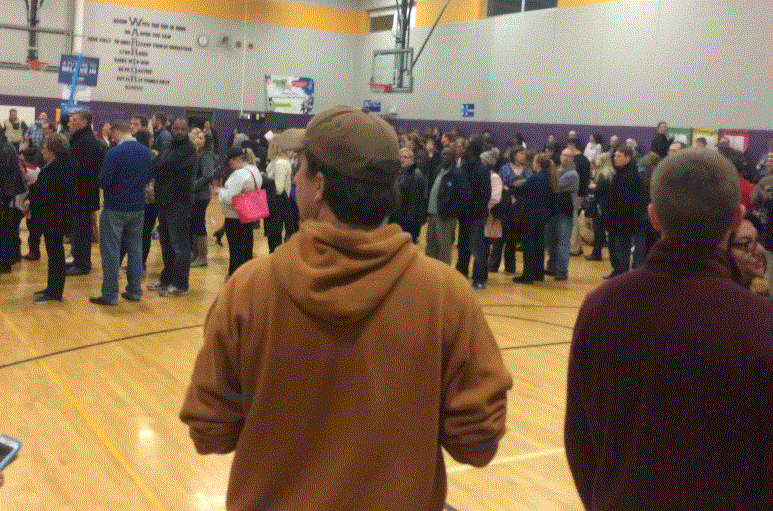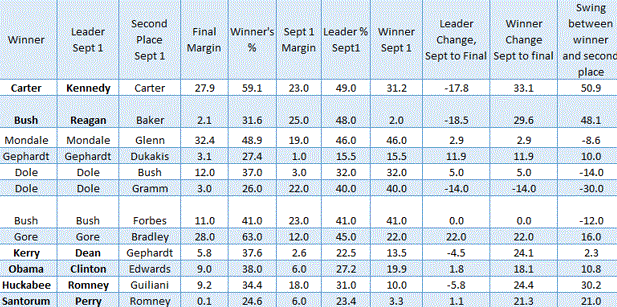A counter-intuitive take, grounded in a close look at GOP delegate allocation rules. -promoted by desmoinesdem
To date, Donald Trump has appeared to be an unstoppable train. He has a significant lead in delegates, and leads in virtually all of the polling on Super Tuesday. There would appear to be little drama.
And yet in fact there is. The reason for this is to be found in the delegate selection rules. In state after state (Texas is the notable exception) the polling is reasonably stable: Trump between 30 and 40, and Ted Cruz and Marco Rubio hovering around 20%. When you actually project these polling numbers into delegates however, two things became very apparent:
1. Many states award delegates only to candidates who win 15 or 20%. In state after state both Rubio and Cruz’s polling shows them within a few points of these numbers. As a result a few percentage points can have an enormous effect on the results.
2. With each poll that is released, it is becoming less and less likely that Trump will get a majority of delegates on Super-Tuesday. In fact, while he will win a plurality of delegates on Super Tuesday, it will be very far from decisive. My current projection shows Trump getting 274 delegates on Super Tuesday, about 50 less than the other candidates combined.
Continue Reading...





